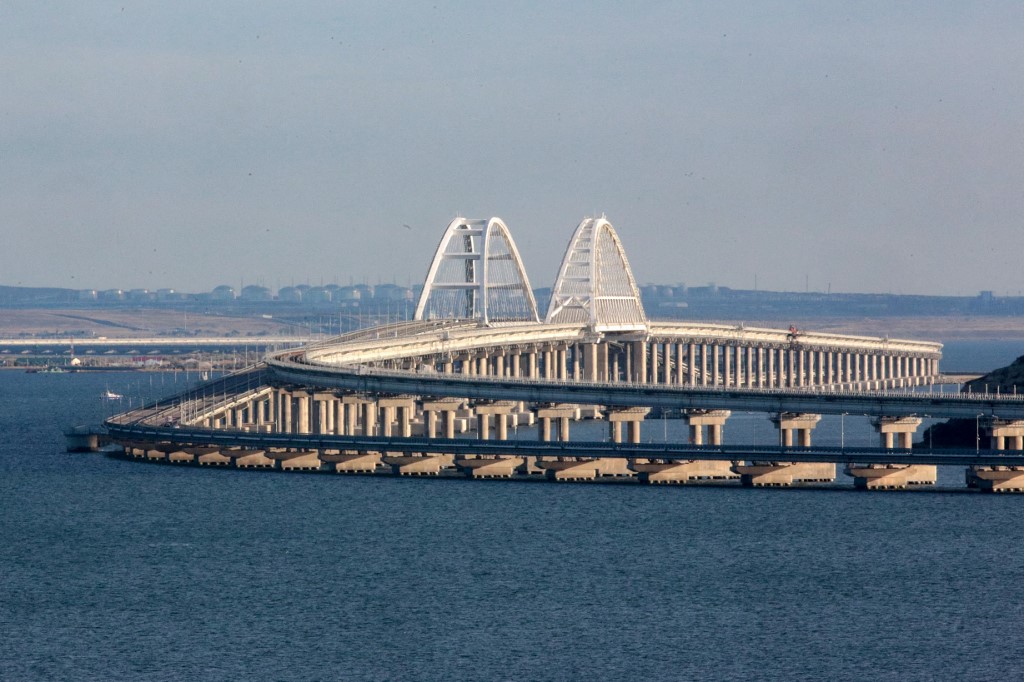The 80th anniversary of D-Day in Normandy marked a shift in the world order.
Russia was snubbed and Putin labeled “a tyrant.” Ukraine was front and center, and America and France, the birthplaces of modern democracy, enhanced their bilateral alliance and embarked on a flurry of meetings with European and other world leaders in order to bury Moscow.
JOIN US ON TELEGRAM
Follow our coverage of the war on the @Kyivpost_official.
President Joe Biden publicly apologized to Ukraine’s President Volodymyr Zelensky for Congressional delays in sending military aid to Kyiv this year. And President Emmanuel Macron pledged to fast-track European Union membership for Ukraine as well as jets, training, and deployment of non-combat military advisors from several NATO countries.
In coming weeks, the two will meet leaders to reconstitute the geopolitical landscape: The G7 summit on June 11-13 may approve the seizure of Russia’s $280 billion in frozen assets, and the NATO summit on July 9-11 may approve a security guarantee for Ukraine. Both precedents are essential to ensure a safer world.
Meanwhile, Putin’s alternative anti-democratic “alliance” fades, as noted by the attendance and tenor of his St. Petersburg International Economic Forum staged during the D-Day ceremonies.
Attendance was down, and notably absent were both of Russia’s biggest trading partners, China and India, who only sent small token delegations to the gathering. “Once dubbed ‘Russia’s Davos’ and attended by democratically elected presidents and the CEOs of major global corporations, this year’s guest list is looking distinctly more “war-crimey,” joked independent Novaya Gazeta newspaper, published outside Russia.

Zelensky: November-December Sees Record Russian Losses in Combat
Putin wasn’t in a jolly mood. He claimed Russia’s economy was growing despite the war and sanctions. He repeated that Russia was fostering an alternative to the American-dominated global financial order and that Moscow’s armed forces were prevailing on the battlefield.
He obliquely made a nuclear threat and said that the nuclear arsenals of Europe and the US would be less powerful than Russia’s, in an outright confrontation, adding “I hope this is never going to happen.” Then he cockily finished it off with “Moscow’s supremacy over Ukraine makes a nuclear clash unlikely.”
One moderator at the Forum suggested to Putin that the nuclear option was the best way to win the war and that Russia should hold “a nuclear pistol to the temple” of the West.
He didn’t respond.
But facts are the West is about to hold a “nuclear pistol” to Russia’s head: The seizure of its frozen financial assets will cripple its economic prospects and reputation and pay for Ukraine’s self-defense going forward.
Some believe, if passed by the G7, Putin may be forced to the negotiating table. The seized Russian funds will help provide the estimated $130-billion-a-year needed for Ukraine to win, and the addition of sanctions on its energy exports will provide the estimated $486 billion over ten years required to rebuild what Russians have destroyed.
You can also highlight the text and press Ctrl + Enter






